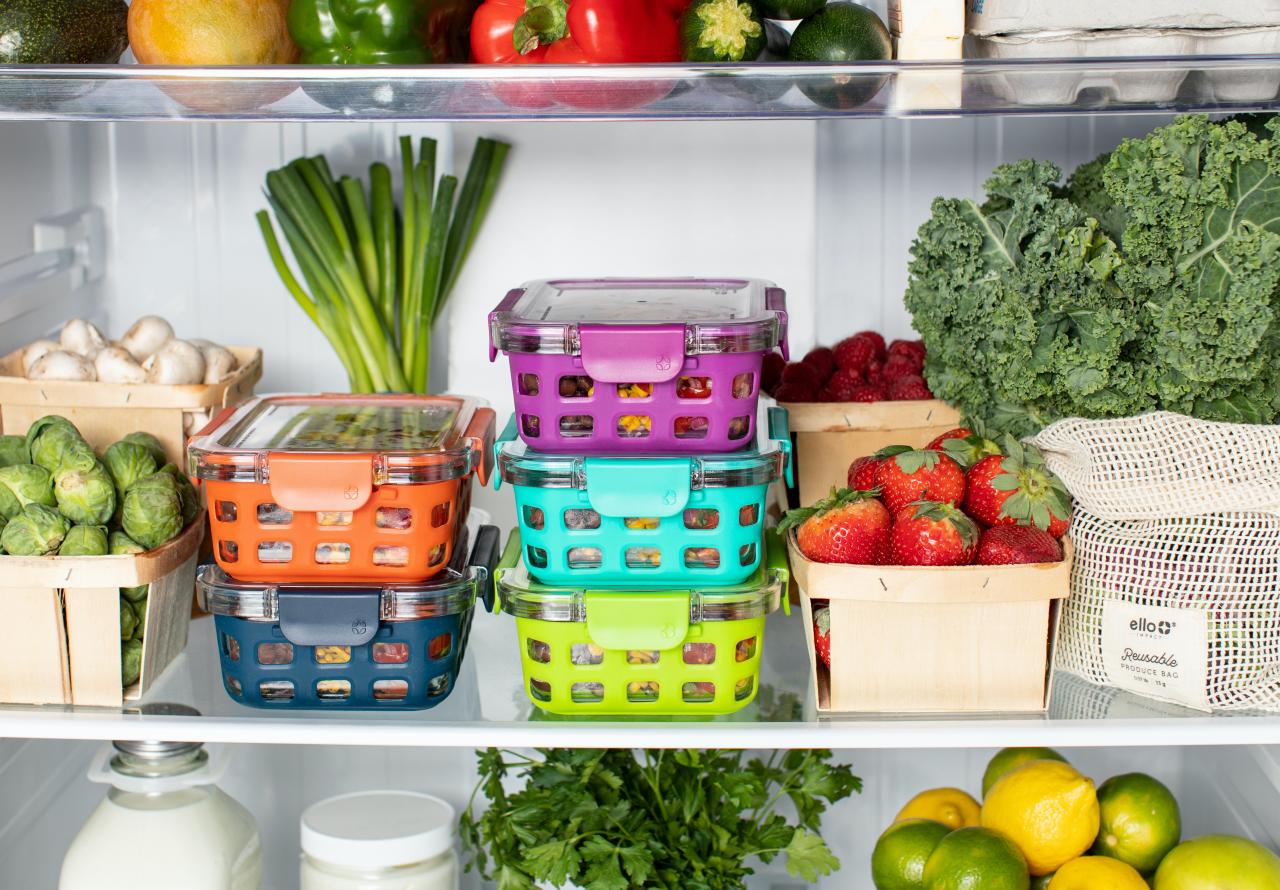The next time you throw food leftovers or squishy vegetables from your refrigerator in the garbage, think about this: With an astounding 80 billion pounds of food wasted annually, i.e., the weight of a thousand Empire State Buildings, the United States leads the world in food waste.
You need to reconsider if you believe that one individual could barely make a significant difference in that amount. Food waste may be significantly reduced if everyone does their part to cut back on it. These are a couple of clever ways to organize the fridge and reduce food waste.
Learn About The Coldest And Hottest Temperatures
The refrigerator’s front is its hottest area, while its bottom is its coldest. This conforms to the fundamental principle that it is hotter at the top shelf, closer in front, and colder toward the back.
It makes it much simpler to know where to arrange items. For instance, it could be easy to stack milk in front because the cartons seem to be built just for the door shelf.
This might seem like a simple solution, but it contributes to more food waste. You should store milk in the cold, so it’s best to position it as deep as possible and in the back of the refrigerator. It’s the same with eggs.
As for salad dressings, sauces, and ketchup, they all have preservatives and vinegar. You may or may not stack them in the fridge or utilize the space on the door shelves.
Utilize Your Leftover Food In Inventive Ways
Food waste may be decreased by repurposing leftovers, scraps, and other miscellaneous items for following meals. Utilize fresh herb stems that are often decomposed or discarded, such as those from parsley, basil, cilantro, dill, and other herbs, in stews, homemade sauces, and pureed recipes.
Another option is tossing surplus veggies into a broth, soup, or quiche. Alternatively, you could create a macro platter with all of your uneaten grain, meats, and greens.
Label Each Item
Label leftovers and anything in an unsealed jar, like a used jar of pizza sauce, and mention the dates you stored it in the refrigerator. This way, there will be no need to speculate if the sauce you found is four or fourteen days old. You don’t have to go all out to get printed labels as we see on these satisfying organizing videos on Pinterest; masking tape, paper tape, or even a permanent marker will do the trick.
Use Your Freezer
One of the greatest methods to reduce food waste is to freeze it. There are two ways to go about this: cooking or preparing huge quantities of food you want to freeze for later use or storing leftovers you won’t eat before they rot in the refrigerator.
Alternatively, you may store leftovers or wilting vegetables in the freezer for use in broth and sauces. You can freeze fresh fruit for shakes, smoothies, or sweet treats.
Don’t Over-Buy Groceries And Shop Frequently
Buy fewer items at a time to help prevent food wastage, but instead shop more often for whatever you want in the following days. Only stock up on things you might need for a week, and you’ll save yourself from overspending and wasting money on unnecessary items.
Watch your wasteful habits while you are ready to go food shopping. It is best to note the foods in your refrigerator that you usually discard and get them in smaller quantities. Whenever purchasing anything with a smaller shelf life, consider its intended purpose.

